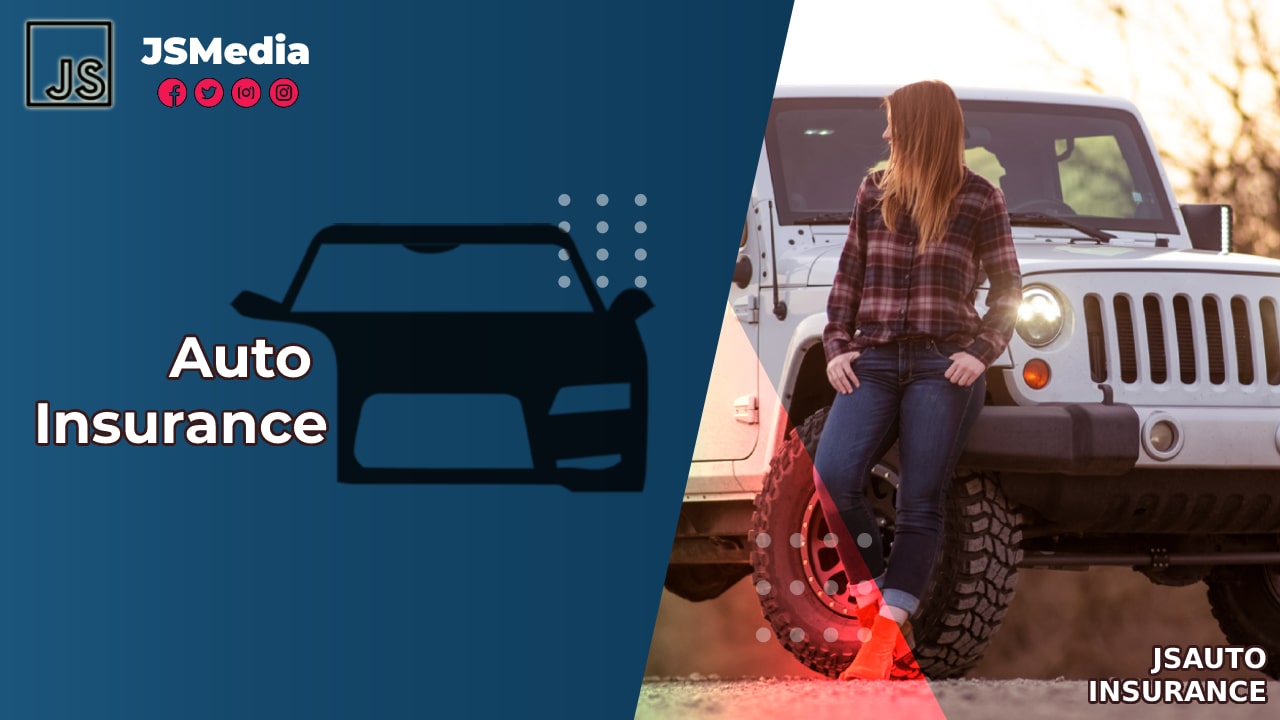The auto insurance definition states that liability insurance is the portion of your car insurance policy that pays out if you cause an accident. This covers expenses for medical treatment, funeral costs, and property damage. Liability insurance is required by law and allows you to drive on the road while insuring your car. Your policy’s limit varies based on the type of accident and the amount of coverage you have purchased. The insurance company is required to provide legal defense against a third-party claim.
In general, liability insurance pays for other people’s medical bills and property damage in the event of an accident. You must carry this coverage regardless of fault in an accident. Most states require that you carry this coverage, but the amount of the premium depends on your driving record and the cost of repairs and replacement parts. Whether or not you need this coverage will depend on a number of factors, such as your age, the type of car, and how many other vehicles you have.
A deductible is a specific amount of money that you will be required to pay if you have an accident. In this situation, a $500 deductible would mean you will have to pay only that amount if you are at fault for the accident. In other words, if you cause a $500 collision, you will have to pay the insurance company a total of $2,000 to repair the damaged vehicle. As a result, a higher deductible means you will have to pay higher premiums for your policy, but your auto insurance premiums will be lower in the long run.
Auto Insurance Definition: What You Need to Know
Auto insurance is a contract between the driver and an insurance company. It requires the payment of a premium and following the rules of the insurer. If you are in an accident, your policy will pay for any expenses related to the accident. In addition to paying the premium, many consumers choose to purchase optional coverages. The cost of these optional insurances will depend on the type of car and the type of coverage. Fortunately, there are plenty of options to choose from.
The premium of an auto insurance policy is determined by the government and the insurance company. The government has regulations that govern the premiums, but it is still important to make sure you’re getting the best deal possible. In addition, the minimum amount for your policy varies by company. The minimum amount varies by state and your age. It’s best to contact your insurance agent to find out more information about the coverage you need. When you’re looking for the right auto insurance, you need to be aware of the deductibles.
Liability insurance is the most common type of automobile insurance. It pays for the other driver’s injuries and damages in the event of an accident. No-fault insurance is not required in every state, but it is still important to consider your financial situation when buying an auto insurance policy. You’ll want to consider all your options before choosing an insurer. You’ll also want to know whether your policy covers a specific kind of property.
The most important part of an auto insurance policy is the coverage for bodily injury. Generally speaking, liability insurance is necessary for protecting yourself in the event of an accident. It covers your medical expenses, and it will cover bodily injury if you’re at fault in an accident. However, it does not cover damages to other people’s property. If you’re not at fault in an accident, the insurance will pay for it.
Liability insurance covers bodily injuries that you cause in an accident. Your insurance company pays for these expenses. The policy will also cover any property damage that you cause. If the other driver causes the accident, the other driver’s insurance will cover that. In the case of an accident, your insurance policy will pay for legal defense costs as well. Similarly, collision coverage covers damage caused by another car. If you’re at fault, the at-fault driver’s insurance will pay for any damages that you cause.
The terms and conditions of an auto insurance policy may not be familiar to you. A policy’s terms and conditions will provide more information on these things. While a broad form of coverage may be the best option for a single person, it may not be the best choice for a family with children or a teenage driver. When in doubt, ask your insurance provider to clarify any details about your policy. When in doubt, consult with an agent.

